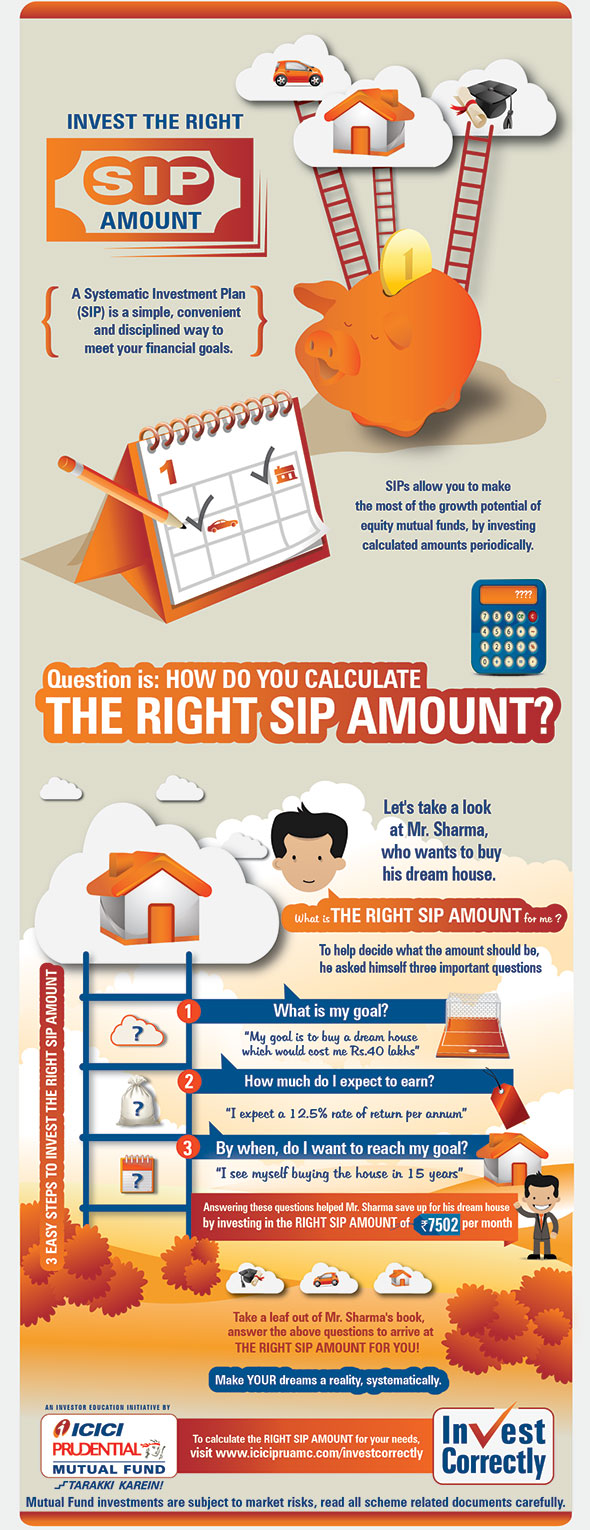Payment Bonds Described: Securing Your Interests In The Building Sector
Payment Bonds Described: Securing Your Interests In The Building Sector
Blog Article
Material Author-Malmberg Bering
In the building industry, understanding payment bonds is vital for securing your monetary rate of interests. These bonds work as a safeguard, making certain that contractors fulfill their payment obligations to subcontractors and vendors. However exactly how exactly do they work, and what benefits do they use? Understanding the ins and outs of payment bonds can make a considerable distinction in your task's success and economic safety and security. Allow's discover what you need to know.
Comprehending payment Bonds: What They Are and Just how They Function
When you study the world of building and construction jobs, you'll typically come across payment bonds. These financial tools act as assurances that service providers will pay their subcontractors and distributors for labor and materials.
Essentially, a repayment bond secures these events if the service provider defaults on payments. It's a three-party arrangement involving the project owner, the specialist, and the surety company that issues the bond.
You'll find payment bonds specifically usual in public sector jobs, where they're often mandated by regulation. If the specialist fails to pay, the surety business steps in to cover the costs, making certain that all parties obtain their due settlement.
Recognizing payment bonds is vital for navigating the intricacies of building funding and securing your financial investments.
The Advantages of payment Bonds for Specialists and Subcontractors
While payment bonds may look like just an additional demand in the construction sector, they use substantial advantages to both service providers and subcontractors.
Initially, they make sure that you'll make money for the work you total, securing your capital and financial security. This integrity helps you focus on supplying high quality work rather than worrying about payment hold-ups.
Furthermore, payment bonds can improve your online reputation, as customers frequently view adhered contractors as even more trustworthy and specialist. They likewise give a layer of protection, offering you recourse if a task proprietor falls short to fulfill their payment obligations.
Eventually, having a payment bond in place safeguards your passions and fosters smoother job execution in a commonly uncertain atmosphere.
Key Factors To Consider When Choosing payment Bonds for Your Task
Choosing the best payment bond for your project can feel frustrating, yet a few essential factors to consider can streamline the procedure.
Initially, assess the bond amount; it should cover your project's total cost to guarantee adequate protection.
Next, explore the bond provider's reputation. source for this article can make a considerable distinction in your task's success.
Check https://brookspkeys.blogproducer.com/42198775/surety-bond-claims-what-happens-when-commitments-are-not-met , as these can differ extensively and affect your rights.
In addition, think about the project's dimension and complexity, which may affect the type of bond required.
Finally, talk to a building lawyer or bond specialist to make clear any kind of unpredictabilities.
Conclusion
To conclude, payment bonds are important for safeguarding your rate of interests in the construction sector. They make sure that contractors, subcontractors, and suppliers make money, promoting trust fund and smoother project execution. By recognizing just how these bonds job and their benefits, you can make educated choices when choosing the appropriate payment bonds for your tasks. Don't forget their importance-- purchasing payment bonds can safeguard your economic rate of interests and contribute to a successful building experience.
